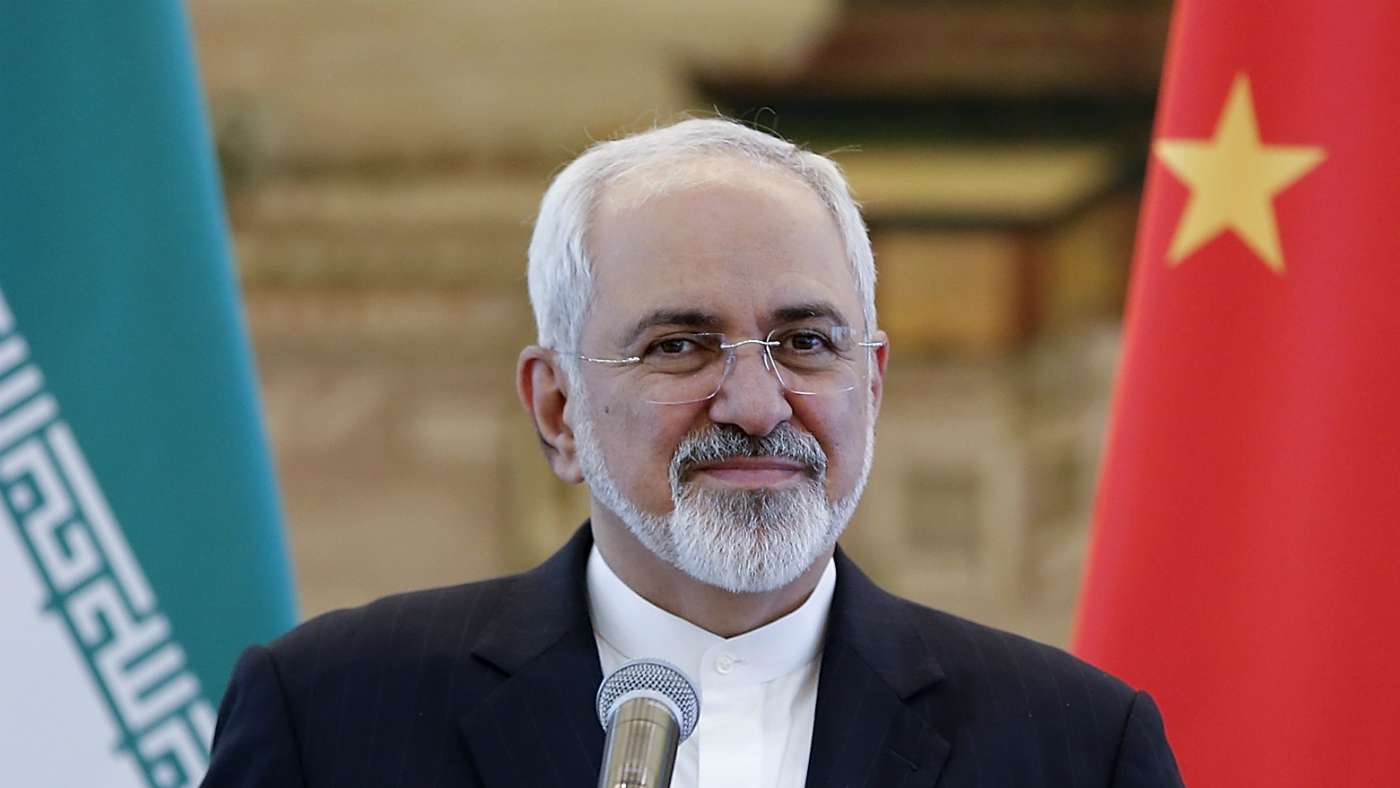Nuclear deal: Iran says Trump sending ‘dangerous message’
Tehran threatens to resume uranium enrichment programme if US quits nuclear deal

A free daily email with the biggest news stories of the day – and the best features from TheWeek.com
You are now subscribed
Your newsletter sign-up was successful
Donald Trump’s threats to pull out of the Iran nuclear agreement send a “dangerous message” that the US cannot be trusted, Iran’s foreign minister has warned.
Speaking to reporters in New York, Mohammad Javad Zarif said Iran would “pursue vigorously our nuclear enrichment [programme]” if the US president reimposes economic sanctions that were lifted as part of the deal struck under Barack Obama in 2015.
Trump has repeatedly criticised the agreement, known as the Joint Comprehensive Plan of Action (JCPOA), under which Iran agreed to eliminate all of its medium-enriched uranium and to cut its stockpile of low-enriched uranium by 98%.
The Week
Escape your echo chamber. Get the facts behind the news, plus analysis from multiple perspectives.

Sign up for The Week's Free Newsletters
From our morning news briefing to a weekly Good News Newsletter, get the best of The Week delivered directly to your inbox.
From our morning news briefing to a weekly Good News Newsletter, get the best of The Week delivered directly to your inbox.
The US leader has until 12 May - when the deal is due to be renewed - to decide whether to go ahead with a set of new sanctions that he hinted at in January.
Zarif said: “That's a very dangerous message to send to people of Iran - but also to the people of the world - that you should never come to an agreement with the United States because at the end of the day, the operating principle of the United States is ‘what's mine is mine, what's yours is negotiable’.
“The situation is creating an impression globally that agreements don't matter.”
The UK, France, Germany, Russia and China are all signatories of the JCPOA, but Iran has said it is “highly unlikely” to remain in the agreement if the US pulled out.
A free daily email with the biggest news stories of the day – and the best features from TheWeek.com
Zarif added: “America never should have feared Iran producing a nuclear bomb, but we will pursue vigorously our nuclear enrichment. If they want to fear anything, it’s up to them.”